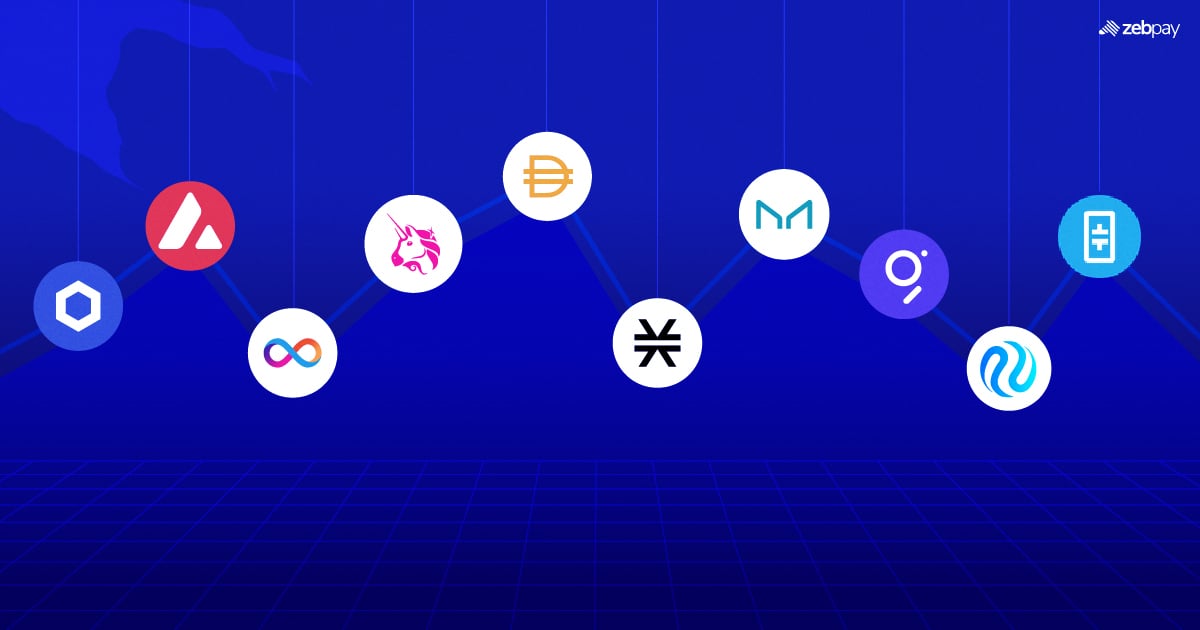In the intricate landscape of commerce, credit card processing serves as the lifeblood of transactions, providing businesses with the means to facilitate payments seamlessly. However, for industries deemed high-risk, the journey through credit card processing for high-risk businesses and a high-risk payment gateway is laden with complexities and unique challenges. In this blog post, we will gain insights into the essentials of credit card processing for high-risk industries, shedding light on the crucial aspects that businesses in these sectors must comprehend to navigate the intricate world of payment transactions.
Defining High-Risk Industries
Before getting deep into credit card processing for high-risk business specifics, it’s imperative to understand what classifies an industry as high-risk. High-risk industries are those with elevated levels of potential financial loss, increased chargeback rates, and regulatory scrutiny. Examples include online gaming, adult entertainment, travel, and Forex trading. The very nature of these industries necessitates a specialized approach to credit card processing.
1. Robust Security Measures:
High-risk industries are often targeted by fraudsters due to the allure of high-value transactions. As such, robust security measures are non-negotiable. Advanced encryption, tokenization, and secure socket layer (SSL) protocols are essential components of credit card processing and a high-risk payment gateway in high-risk sectors, ensuring that sensitive customer data is shielded from potential threats.
2. Advanced Fraud Detection:
Preventing fraudulent transactions is paramount in high-risk industries where the risk of chargebacks is heightened. Advanced fraud detection tools, including real-time monitoring and machine learning algorithms, are crucial for identifying suspicious activities and mitigating the risk of fraudulent transactions.
3. Compliance with Regulatory Standards:
Navigating the regulatory landscape is a significant challenge for high-risk businesses. Credit card processing in these industries requires a deep understanding of international and regional regulations to ensure compliance. Choosing a processor or high-risk payment gateway well-versed in these standards is vital for avoiding legal complications and maintaining a secure and compliant payment environment.
4. Tailored Chargeback Management:
High-risk industries often experience a higher frequency of chargebacks, whether due to the nature of the business or customer disputes. Effective chargeback management is essential to minimize financial losses and maintain a positive merchant reputation. Credit card processors or a high-risk payment gateway specializing in high-risk sectors provide tailored solutions for efficient chargeback prevention and resolution.
5. Multi-Currency Support:
For industries with a global reach, such as Forex trading, travel, or online gaming, multi-currency support is a fundamental aspect of credit card processing. The ability to process transactions in different currencies enhances the business’s international capabilities and attracts a diverse clientele.
6. Instant Payment Processing:
In high-risk industries, opportunities and market conditions can change rapidly. The speed of payment processing is crucial. Credit card processors that offer instant payment processing enable businesses to capitalize on market opportunities swiftly, contributing to overall operational efficiency.
7. Transparent Fee Structures:
Credit card processing fees are a significant consideration for any business, and high-risk industries are no exception. Transparent fee structures are essential for businesses to understand the costs associated with credit card processing fully. This transparency allows for better financial planning and prevents unexpected financial burdens.
8. Scalability for Growth:
High-risk businesses are dynamic, and their transaction volumes can fluctuate significantly. A credit card processing solution must be scalable to accommodate the growth of the business, ensuring consistent performance even during periods of increased activity.
9. Strategic Partnerships:
Choosing the right credit card processor involves establishing a strategic partnership. High-risk businesses should seek processors with expertise in their specific industry, understanding the unique challenges and tailoring solutions to address them. A credit card processor that aligns with the business’s goals becomes a valuable ally in navigating the complexities of payment processing.
10. Customer Support Excellence:
In high-risk industries, where transactions can occur 24/7, reliable customer support is a must. Credit card processors that offer excellent customer support ensure that businesses can address issues promptly, providing assistance during critical moments and maintaining a positive customer experience.
Conclusion: Navigating the Payment Processing Landscape in High-Risk Industries
Understanding the essentials of credit card processing for high-risk businesses is pivotal for businesses seeking a secure, efficient, and compliant payment environment via a reliable high-risk payment gateway. By prioritizing robust security measures, compliance with regulatory standards, and tailored solutions for chargeback management, high-risk businesses can navigate the complexities of credit card processing with confidence.
As the landscape of high-risk industries continues to evolve, credit card processors or a high-risk payment gateway play a pivotal role in facilitating seamless transactions and empowering businesses to thrive in unconventional and dynamic market environments. By embracing the essentials of credit card processing for high-risk businesses, businesses can not only meet regulatory requirements but also build trust with customers, foster growth, and ensure the longevity of their operations in challenging industries.
Visit us at: Offshore merchant processing
Originally published on: Penzu Articles







